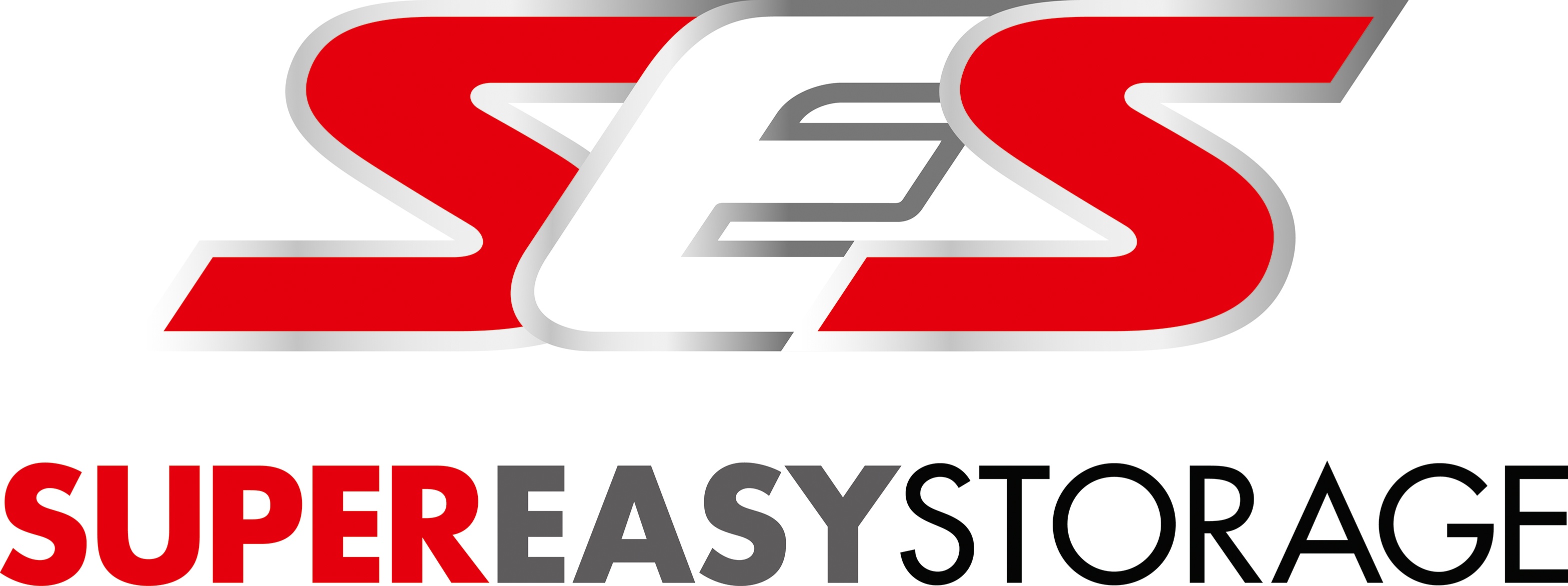To run a successful franchise, you must be able to accurately track your income and expenses. Without proper record keeping, your business is doomed to fail. While most reputable franchisors will provide their franchisees with accounting tools, there are some that don’t offer much support. If you’re stuck on your own, here are some ideas to help you move forward.
Professional Help
One option for a new business owner is to outsource their bookkeeping to a professional. This frees up your time to dedicate solely to managing your operation. Outsourcing is a viable option to consider as your business begins to generate so much revenue that you can’t keep track of it.
However, if your franchise is still relatively small, you can hold off on outsourcing at first and either delegate the task to an employee or manage the finances yourself. This will help you gain a more thorough understanding of your franchise's finances, and you can save money as well.
Do It Yourself
If you are choosing to track your franchise's income and expenses in-house, there are a couple of things you should establish to keep yourself organized.
First, it is recommended that you develop a system for tracking your transactions. There are many ways to accomplish this. You can use accounting programs such QuickBooks, spreadsheet programs like Microsoft Excel, or an old-fashioned notebook. Whichever option you choose, make sure that it is comfortable for you and allows you to track your franchise's finances efficiently.
Once you have an established system that you can follow, it’s important to know what you should be entering on a yearly, monthly, weekly, and daily basis.
Common Expenses of a Franchise
Royalty fees that you must pay to the franchisor. These royalty payments will be disclosed in your franchise agreement. Every time that you pay this fee make sure that you record it.
Supplies that you purchase to keep your franchise running. This is different for every franchise. If you operate a fast-food franchise, this will be the plastic utensils and straws for customers.
Inventory that you purchase from the franchise's suppliers. This is what you will end up selling to your customers. Every franchise is different and is required to buy a different amount of inventory.
Travel expenses for training are not uncommon when you are a franchisee. Franchisors will usually pay for special training seminars and programs for their franchisees; however, you may be responsible for covering the costs to get to the workshop.
Your franchisor might require advertising fees. This is different from company to company, but many will demand that you put in a percentage into the national and regional marketing efforts.
Accounting Support from Franchisors
There are many tools that a franchisor can provide their franchisees with to help with bookkeeping and other accounting practices. This will be different for every franchise, so it's best to find out which specific tools your franchise supports.
Standardized Chart of Accounts
Some franchisors will want you to follow their standardized recordkeeping system instead of allowing their franchisees to go about it in their own way. This keeps everything organized for the franchisor and should make financial tracking easier for franchisees as well.
Uniform Franchise Accounting Software
Another way that franchisors might keep everything running smoothly is to provide franchisees with accounting software such as Xero, QuickBooks, or a proprietary system. This allows for seamless data entry and saves time in converting files when reporting.
Centralized Reporting System
One of the biggest goals for a franchisor is to keep all of its franchises on a standardized reporting system. With a centralized system, they can ensure financial integrity among franchisees, as well as keep all of their data secure. By making sure that their franchisees are following this system, they can also mitigate the risk of being audited, as well as identify the best business practices among the successful franchises. What could be working well for one franchise might be transferable to the others.
Financial Benchmarking
Reputable franchisors will perform benchmarking across all franchisees to measure how well their business is performing. This gives a franchiser an opportunity to review each franchise individually and collectively and will give them a better idea of what is working in one area compared to another.
When operating a franchise, it's always better to have financial management tools available for use from the franchisor. The franchisor will be able to teach you how to track your income and expenses properly and will be able to answer any questions you may have. If you happen to work with a franchisor that doesn't provide you with these tools, hopefully, this guide has given you some ideas so you can adequately track your franchise's finances!
Check out why franchise with Super Easy Storage here.



